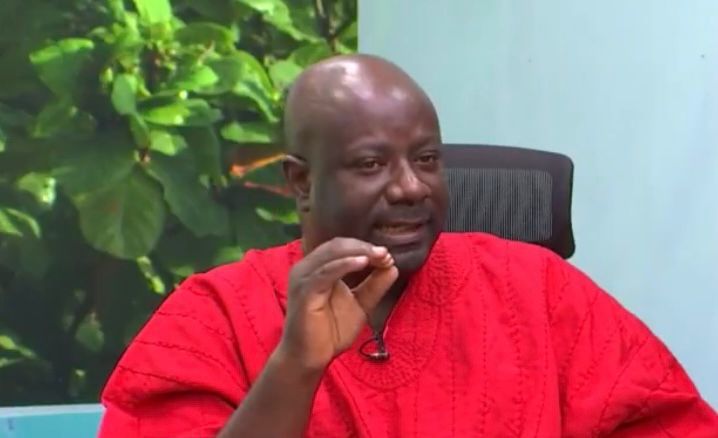The Economic and Organized Crime Office (EOCO), Ghana’s primary agency for investigating economic and organized crime, has found itself at the center of a growing controversy, facing accusations of political bias and compromised effectiveness. Dr. Dickson Adomako Kissi, former Member of Parliament for Anyaa Sowutuom, has voiced concerns about the institution’s perceived politicization, arguing for a comprehensive rebranding to restore public trust. His concerns stem from a growing perception that EOCO’s investigations and prosecutions are driven by political agendas rather than objective pursuit of justice, thereby undermining its credibility and effectiveness. This perceived politicization has created an atmosphere of apprehension, casting a shadow over the agency’s operations and raising questions about its ability to function impartially.
Dr. Adomako Kissi’s call for a rebranding of EOCO highlights the urgency of addressing the erosion of public confidence in the institution. He argues that the agency’s current image is tainted by the perception of political influence, leading to skepticism about the legitimacy of its investigations. He emphasizes the need for EOCO to distance itself from political affiliations and re-establish its reputation as an independent and impartial investigative body. This, he believes, is crucial for regaining public trust and ensuring the agency’s effectiveness in combating economic and organized crime. He envisions a scenario where the public perceives EOCO’s involvement in a case as a guarantee of thorough and unbiased investigation, rather than a politically motivated prosecution.
One of the key concerns raised by Dr. Adomako Kissi is the perceived lack of thoroughness in EOCO’s investigations. He alleges that the agency often summons individuals without adequate groundwork, leading to unnecessary harassment and reputational damage. He cited instances where his colleagues were called in for questioning, only to discover that EOCO officers were ill-prepared and had summoned the wrong individuals. This apparent lack of due diligence not only undermines the agency’s credibility but also infringes on the rights of individuals, subjecting them to unwarranted scrutiny and potential reputational harm. The implication is that EOCO’s investigations, rather than upholding justice, may be contributing to a climate of fear and uncertainty.
The recent charges against Professor Christopher Ameyaw-Akumfi, the former Board Chair of the Ghana Infrastructure Investment Fund (GIIF), have further intensified the scrutiny of EOCO’s operations. Professor Ameyaw-Akumfi is accused of conspiracy to commit a crime and wilfully causing financial loss to the Republic in connection with a $2 million payment made in 2019 to Africa Investor Holdings Limited for an urban Sky Train project that never materialized. This case has become a focal point in the debate surrounding EOCO’s impartiality, with some suggesting that the charges are politically motivated. The high-profile nature of the case and the political background of the accused have further fueled public skepticism about EOCO’s independence.
The accusations against Professor Ameyaw-Akumfi and the subsequent public debate underscore the delicate balance EOCO must strike between its mandate to investigate economic crimes and the imperative of maintaining public trust. The agency’s actions must be seen as fair, impartial, and driven by evidence, not political considerations. The perception of political bias can undermine EOCO’s effectiveness, eroding public confidence and potentially hindering its ability to successfully prosecute legitimate cases. The current controversy calls for a thorough introspection within EOCO to ensure its operations adhere to the highest standards of professionalism and impartiality.
To regain public trust and ensure its effectiveness, EOCO must prioritize transparency and accountability in its operations. This includes providing clear justifications for its investigations, ensuring due process is followed in all cases, and being open to public scrutiny. Furthermore, EOCO should invest in enhancing its investigative capacity to ensure that its investigations are thorough and based on solid evidence. A commitment to these principles will not only strengthen EOCO’s credibility but also contribute to establishing a fairer and more just society. The future of EOCO as an effective and respected institution hinges on its ability to address these concerns and emerge as a truly independent and impartial body.


